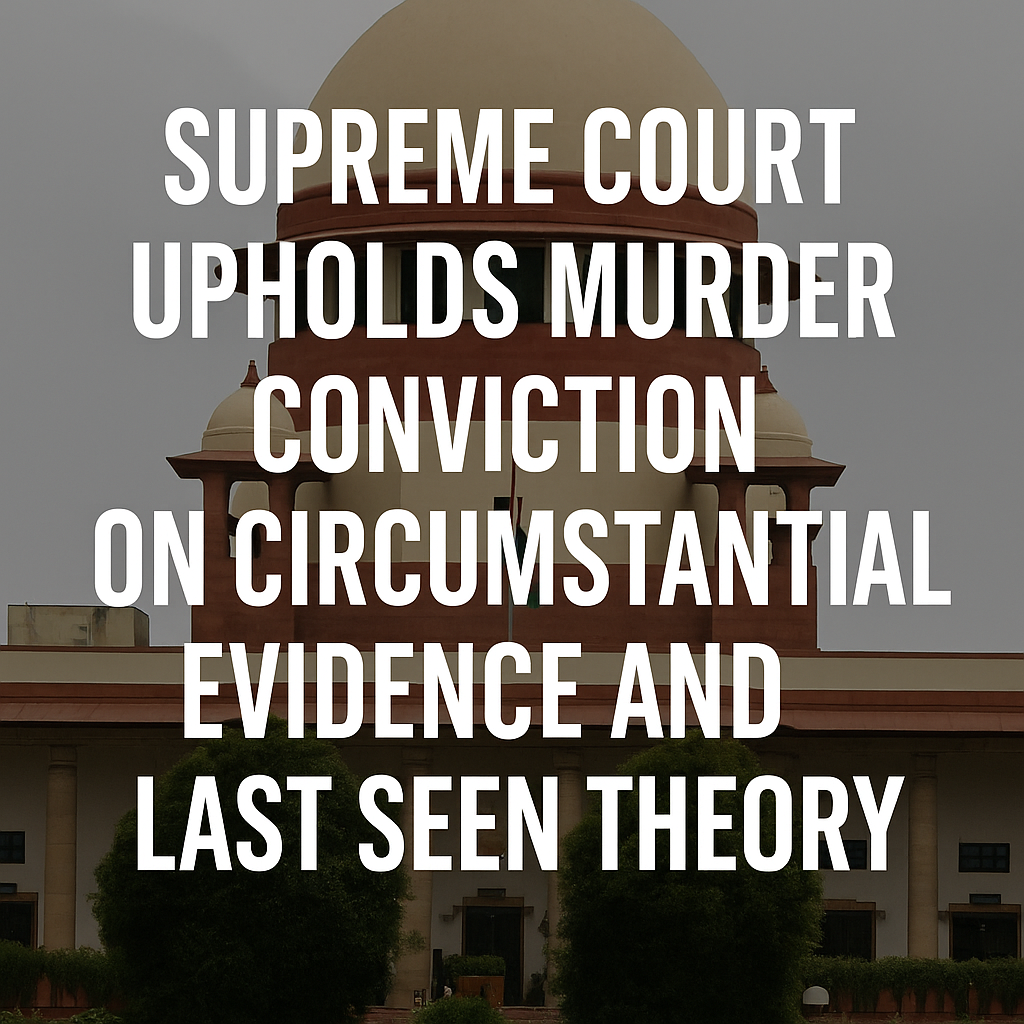The Central Govt. brought amendments in CRPC, Indian Evidence Act, Indian Penal Code and Prevention of Children from Sexual Offences Act (POCSO) whereby enhancing the punishments for the offences of Rape.
The President of India gave his nod to the Criminal Law (Amendment) Ordinance, 2018. This ordinance should get approval from the Parliament within a period of six months so as to become an Act.
This Ordinance included provisions in Section 376 of IPC, whereby categorising the Victims on the basis of their age.
If a Rape on a woman under 16 years of Age, the minimum punishment is 20 years and the maximum punishment is life time, which means the entire natural life term of the convict.
If a Rape on a woman under 12 years of Age, the minimum punishment is 20 years and the maximum punishment is death penalty.
If the offence of rape committed by Group of Persons, then all the persons deemed to have been committed such offence and punishment should be accordingly.
This Ordinance further amends various provisions of Criminal Procedure Code. Section 173 of CrPC has been amended to that effect that the investigation with regard to the offences of Rape shall be completed within a period of two months. The Trial of such offences will have to be completed as early as possible. Further, the appeal against such cases will have to be disposed of within a period of six months.
The important amendment in the CrPC is that there is no anticipatory bail for the aforesaid offences of Rape.
Further, bail for the offense of Rape under section 439 of Cr.P.C., the presence of informant or any authorised person is obligatory at the time of hearing of the bail application.
To the same affect, the provisions of POCSO Act also amended.
These stringent measures had come into force from yesterday (22-04-2018).
Read the ordinance here
criminal amendment





More Stories
The Court is not bound to follow statute or rules of evidence while deciding the custody of a Child and the only consideration should be the welfare and well-being of the child- Supreme Court Reiterated
When the Agreement specifies particular type/mode of constitution of Arbitral Tribunal, the same should be followed in strict sense- Supreme Court clarified.
The Hospital is vicariously liable for the acts of negligence committed by the Doctors engaged or empanelled to provide medical care- Supreme Court Ruled